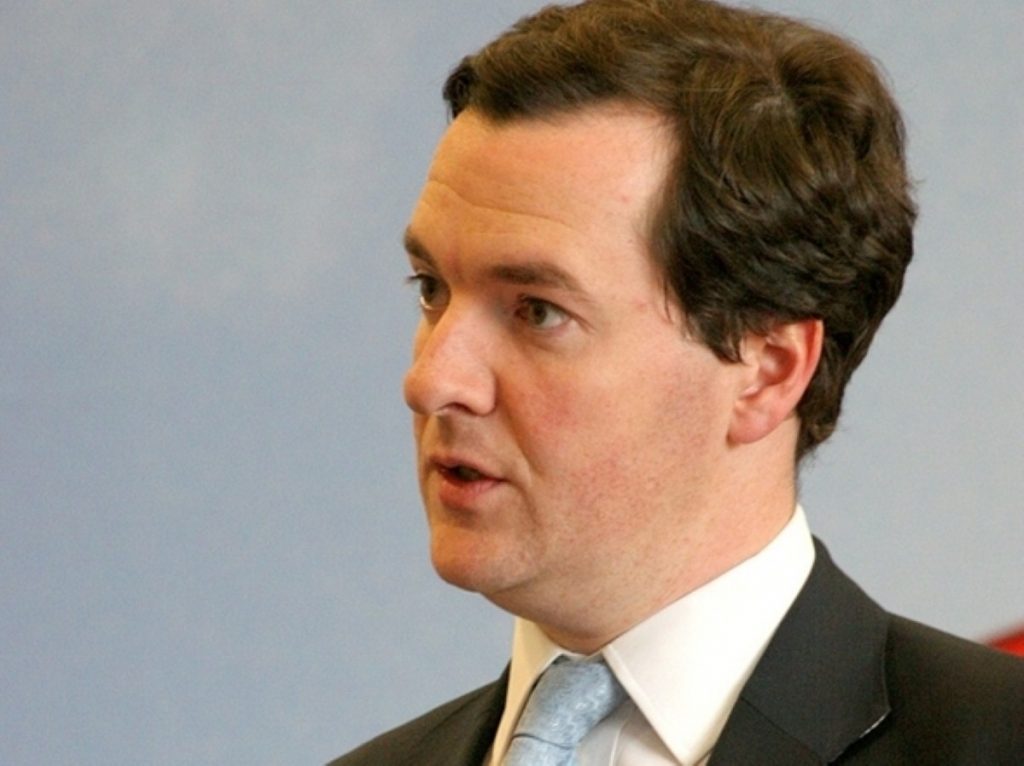Waiting for the cuts
George Osborne’s emergency Budget is being scrutinised by Office of Budget Responsibility chief Sir Alan Budd ahead of its delivery on Tuesday.
Estimates of the spending cuts expected to be introduced by the chancellor range from £30 billion to £80 billion, as the coalition government bids to tackle the £150 billion-plus structural deficit inherited from Labour.
Liberal Democrat leader Nick Clegg and Treasury chief secretary Danny Alexander were reportedly present on Friday when the Budget was signed off by Mr Osborne and prime minister David Cameron.


“No incoming chancellor has ever faced a set of public finances like this. And unless we take the determined and concerted action to deal with that then I’m afraid we will find our country on the road to ruin,” Mr Osborne said on BBC1’s The Andrew Marr Show.
“We’ll find higher interest rates, businesses going bust, unemployment rising and our living standards declining. And I’m not prepared to put up with that.”
Osborne: Road to ruin Britain needs cuts
Growing disquiet among Liberal Democrat MPs means the Budget will be a key test of the coalition’s cohesiveness, however.
Mr Osborne will try to allay some Lib Dems’ fears by ringfencing education, defence and transport spending, it is believed. He is likely to present a growth strategy for the public sector, including safeguarding infrastructure projects and education reform, the Sunday Telegraph reported.
Decisions on public sector pensions will be deferred as the issue is passed to an independent commission headed by former Labour Cabinet minister John Hutton.
Osborne snares Labour’s Hutton for public sector pensions review
There are widespread expectations the £180 billion welfare bill will be attacked, probably through reductions in child tax credits. Higher earners, who are likely to bear the brunt of the cuts, could also lose child benefit entirely.
In a bid to provide a fillip for businesses a tax break for hiring workers worth £900 million is thought to be introduced.
This would see one-year national insurance exemptions for the first ten employees new companies take on but would exclude those working in London and the south-east, according to the BBC.
VAT is widely expected to rise from its current 17.5% to 20%, while the Lib Dems’ coveted rise in the personal allowance for income tax is expected to go ahead.
The latter will have to be paid for by changes to national insurance, which will go up and offset its impact for employees, and a hike on capital gains tax for non-business assets.
These are currently taxed at 18% but could rocket up to close to 40%, despite a determined campaign from senior Tory backbenchers John Redwood and David Davis against a non-tapered move.
Former chancellor Alistair Darling, who delivered the pre-election Budget in March, wrote in the Independent on Sunday newspaper the proposed spending cuts would hit economic recovery.
“The chancellor’s proposal of quicker and bigger reductions in government borrowing rests on the belief that, if the public sector comes down, the private sector automatically rises – the seesaw,” he said.
“If government spending falls faster, the private sector grows more quickly to fill the gap. But in times like these, this is just wrong. It is not inevitable that the private sector steps in when government cuts back.”
According to reports the economic forecasts accompanying the Budget could reinforce this view.
The 2.6% growth projection for 2011 made earlier this month, already cut from the 3.5% forecast made in March, would be reduced still further on Tuesday, the Sunday Telegraph claimed.

